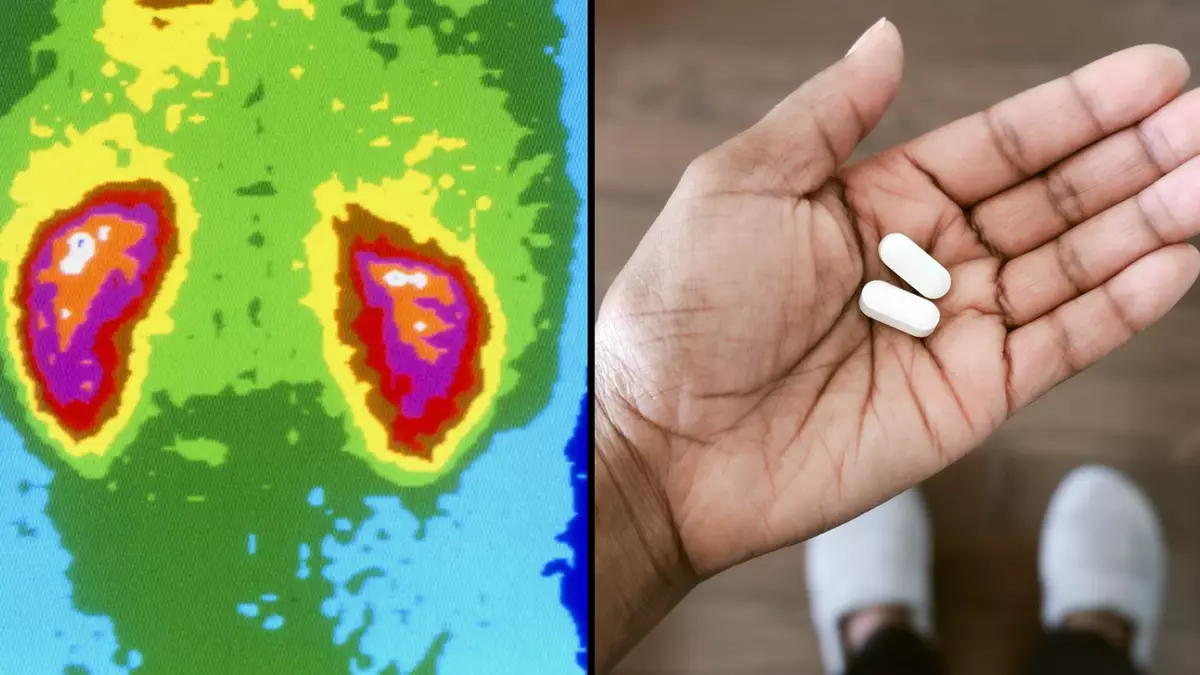One man suffered serious effects after taking more than 1,000 ibuprofen tablets in one month.
It’s easy to turn to painkillers when you’re in constant pain.
However, it is important to know when to stop taking it and seek medical advice instead.
Taking too much of it can be harmful to your health, which unfortunately turned out to be the case after one man took 1,176 ibuprofen pills in the space of a month.
One man took 1,176 pills in one month (Getty Stock Photo)
The incident was discussed on a YouTube channel Chubiemwhere viewers heard about “SB,” a 34-year-old who is an avid runner.
The hobby often left SB in a great deal of pain and suffering.
In an attempt to remedy this, he took several pills to dull the pain, but grossly misunderstood the instructions and dosage.
SB began taking seven ibuprofen tablets over a 24-hour period and felt like a new person, but she became too dependent on the medication and ended up swallowing several at a time.
For several weeks, he had been taking as many as 28 tablets a day – far more than the recommended dose for adults of one or two 200 mg tablets three times a day.
SB continued this until one day he noticed that even after taking a handful of ibuprofen he was unable to get it down completely and complained of feeling like something was “stuck in his chest.”
His condition took a turn when he began to experience sharp chest pains, but instead of seeking help he took more to dull the pain.
He also began to taste blood, vomit blood, and his stool was a worryingly black color.
Eventually, he experienced difficulty urinating and dizziness, pain and fatigue and went to hospital.
Doctors noticed that he was extremely pale, his blood pressure dropped when he stood up, and his heart rate was abnormally high.


SB was taking the pills 28 times a day (Getty Stock Photo)
Doctors also found that the patient was vomiting blood, suggesting that he was bleeding internally and was vomiting blood as a result.
Further tests revealed that the ibuprofen overdose had caused ulcers in his esophagus and stomach, which had begun to bleed, and that he was suffering from kidney failure.
Doctors performed emergency dialysis treatments to repair SB’s kidneys and also had to perform cauterization to stop the bleeding.
Thankfully, he made a full recovery.
The NHS says you should always follow your doctor or pharmacist’s advice and the instructions that come with the medicine.

